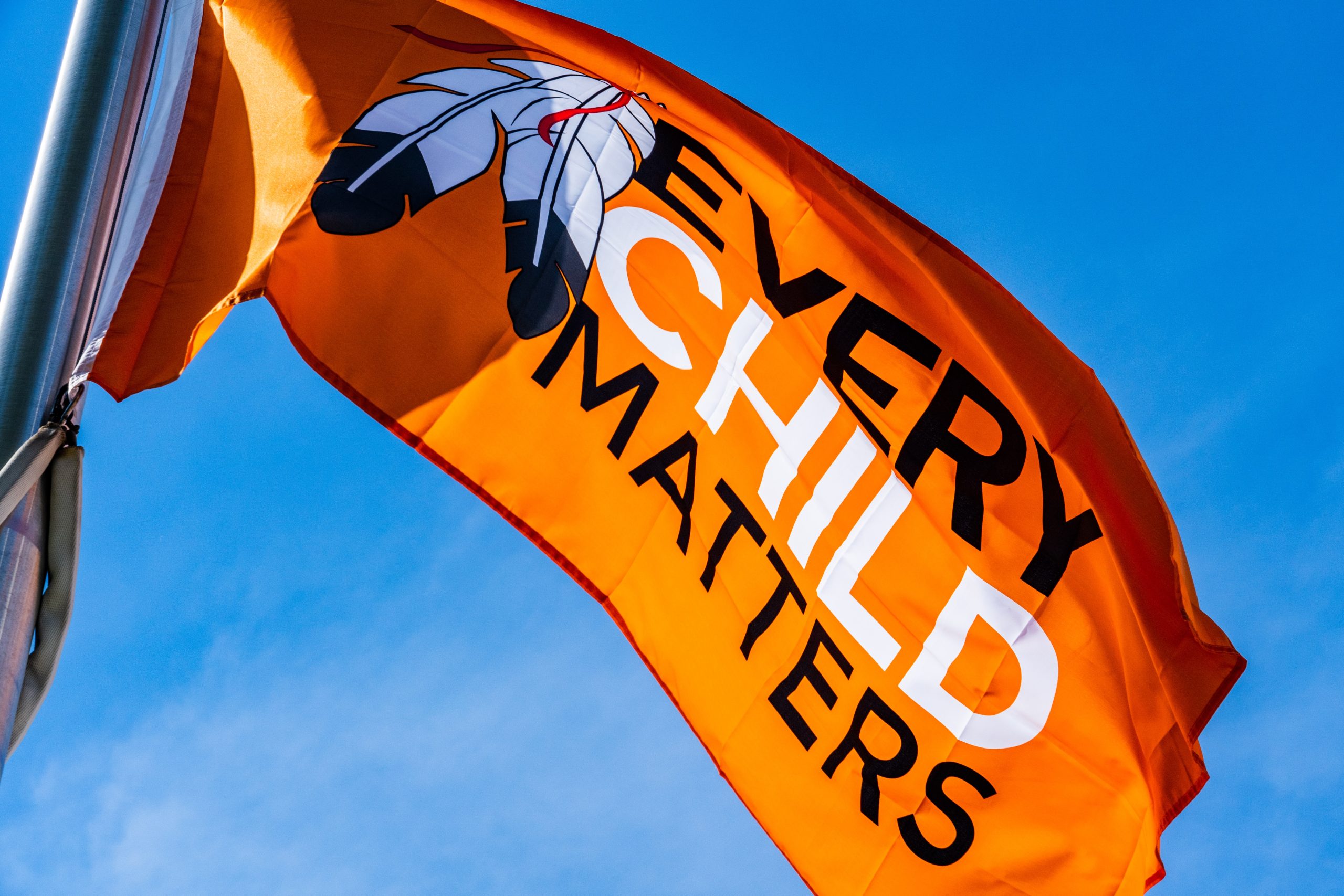
Commemorating National Day for Truth and Reconciliation at Ombudsman Toronto
Today, September 30, is National Day for Truth and Reconciliation. It is a day to remember and commemorate the thousands of children who were forced to leave their families and their communities to attend residential schools, and the many who did not return.
At Ombudsman Toronto, we recognize and honour the survivors and intergenerational survivors of residential schools in Canada, and we stand in solidarity with First Nations, Inuit, and Métis people in Toronto and across the country.
(Un)Learning Together
We recognize that Ombudsman Toronto exists within a longstanding colonial structure — both the government and legal sectors — and that as a result, it may be difficult and painful for Indigenous peoples to interact with our office.
We know that we have a responsibility to examine our practices, and identify and acknowledge any behaviours or policies that need to be reframed away from a colonial perspective. This means unlearning ingrained behaviours and beliefs that have been normalized in our everyday lives. We also have a responsibility to build trust with Indigenous communities in Toronto who have and continue to be harmed by colonialism, and that this process involves consistent, intentional, and continual work.
With that in mind, my team and I will be actively marking National Day for Truth and Reconciliation in two ways.
Reflecting Inwards
As a group, we will be discussing how we can promote reconciliation in our daily work. We will explore how we can make our office a more culturally protective space for Indigenous peoples, including discussing what we have heard from Indigenous communities in Toronto and how we can apply what we we’ve been told to our practices.
This will involve confronting important questions like, “What harmful policies and normalized beliefs do we need to unlearn?” and “How can we balance the nature of Ombuds work — advancing fairness and equity — with the reality that we operate within a colonial system and the processes that stem from that?”
Listening to People with Lived Experience
We know it is important to listen to and learn from those who have lived experience. Through a collection of educational resources and training — including attending a panel discussion on Reconciliation within Colonial Systems, which will explore reconciliation efforts across what is now known as Canada — we will learn about and reflect on the history of residential schools and the echoes of that history that many still feel and deal with today.
Continuing the Work
But our work will not end there.
We will gather next week to discuss what we learned and to further explore how we — individually and collectively as an office — can assume our responsibilities towards reconciliation. This will be an important and ongoing practice well beyond today’s commemoration.
We will also continue our engagement work with Indigenous communities and organizations in Toronto, seeking to listen, to (un)learn, and to improve how we serve Indigenous peoples in Toronto.
Looking Ahead
As a non-Indigenous organization, we pledge our commitment to meaningful, lasting reconciliation and to continuous remembering, action, and (un)learning. This includes speaking out against the racism and injustices that Indigenous peoples continue to face to this day.
We are grateful for the trust that members of the public and communities throughout Toronto provide us, and we will continue to do our best to be deserving of that trust.
Sincerely,
Kwame Addo
Ombudsman